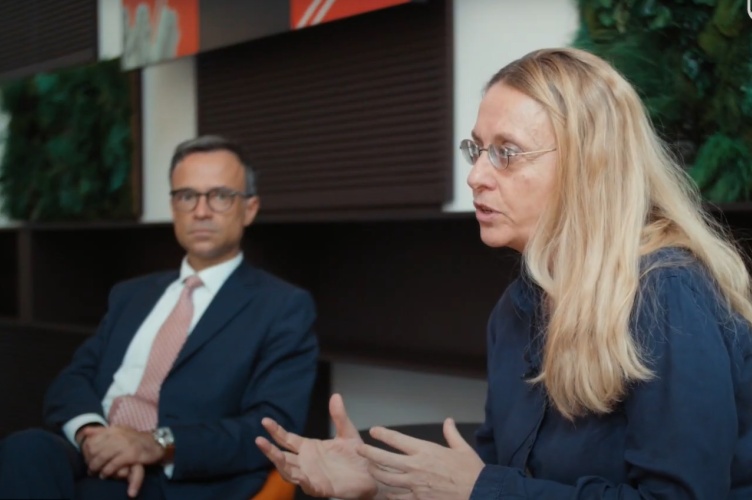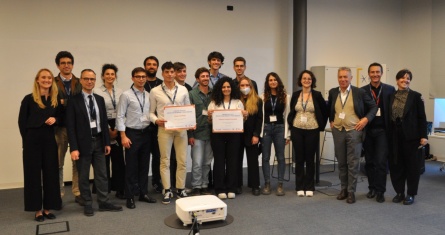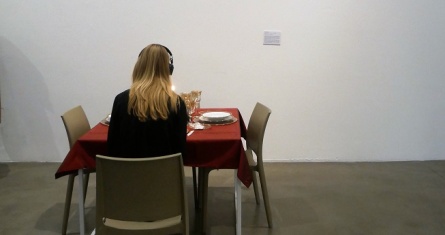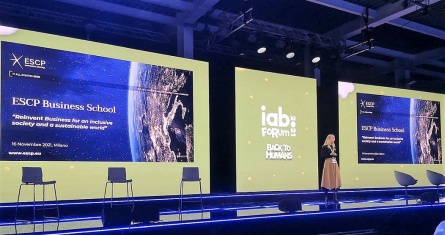By Cottino Social Impact Campus - you can read the original article here.
What is Impact Entrepreneurship and why is it increasingly strategic?
Sustainability and social impact are topics that are increasingly discussed and in recent years they have become a crucial matter within countries, companies, and foundations. They have also become part of the programmes and training offer of business schools around the world, which have found themselves interpreting changes in society and providing new tools to sustain the needs of entrepreneurs of today and tomorrow.
The Financial Times Responsible Business Education Awards 2022 and their subsequent report reveals how business schools have managed to include sustainability and social impact in their teaching, reinventing themselves. Companies (and the education sector as well) have grasped the importance of focusing on people’s well-being rather than just profit. Young people and all those who want to improve the way they do business are increasingly looking for purpose and meaning.
Today's entrepreneurs must be able to seize opportunities, not in an opportunistic way but with the aim of achieving the best result. They need to be aware of the importance of paying attention to social progress, sustainability goals and improvement of environmental conditions.
"Leaders of enterprises – points out Professor Francesco Rattalino, Dean of ESCP Business School Turin campus – are able to pursue a positive social impact with their realities through a non-predatory attitude, but an approach that makes their actions sustainable over time".
This is one of the training objectives of the Impact Entrepreneurship Specialisation of ESCP's Master in Management, the first course co-designed by the international business school and CSIC - Cottino Social Impact Campus, now in its second edition. A topical and innovative educational offer developed together:
"This collaboration – explains Laura Orestano, Social Impact Strategist at Cottino Campus – brings together two complementary souls. ESCP is committed to teaching how to build a successful and innovative business today and CSIC focuses on bringing out and stimulating the importance of meaning and purpose in entrepreneurial activities, as required by the impact economy. The interest in impact economy is a globally established trend in the world of business schools, but not only. The training sector is all-around sensitive to modern challenges and is overcoming these issues by adapting its proposals".
There are in fact many initiatives committed to the transformation of business education at a European level. The UN's Principles for Responsible Management Education (PRME) is expanding by working on alliances between student groups, business schools and academic networks specialised in fields such as impact finance and sustainable and responsible business management. These are all topics of the utmost importance to those who enter the job market or want to bring innovation to their field.
"On the other hand – continues Orestano – the younger generations do not interpret the world in silos, but they "read" it in a systemic way. They do not think about what they want to do but they question where to stand and how to act to implement their worldview. Both in the for-profit and non-profit fields".
The Option-E Impact Entrepreneurship programme has been able to address these considerations and requests. This year too, 20 Italian and international students embarked on a learning journey that will lead them to develop their entrepreneurial skills with an impact orientation, from social business modelling to family business through innovative teaching, learning by doing and meetings with experts and testimonials.
"In our programme – says Alisa Sydow, Entrepreneurship and Innovation professor at ESCP Turin Campus – we look at historical cases of good entrepreneurship. There are many examples of family businesses, in Italy and abroad, that have reinvented themselves and survived for many years thanks to innovative ideas and their contribution in developing a different society, not only thinking in terms of profit but of collective well-being".
A concept that for Sydow also affects impact entrepreneurship: "The impact is not only social or environmental, but it also requires a perspective that takes into consideration every action and the positive and negative effects that we must oversee and improve".
This is another reason the Option-E programme focuses on stories and case studies.
"In the 'From Theory to Practice' module that I teach – explains Orestano –there is theory and practice. Sharing concepts and then refuting them through real cases is a useful method for young people to experience errors, attempts and critical issues. They learn that what they study cannot always be applied completely, but sometimes it must be renegotiated. I think it is an enriching way of learning for them, but also a way for me to get to know their criticisms and reflections".
This practical approach is considered particularly useful for young people who already have a greater sensitivity towards all-round sustainability issues, often being second-generation entrepreneurs, coming from important family businesses: "Young people – says Prof. Rattalino –ask themselves what their future will be. They do not have blind faith like previous generations, they know they must forge it, look at the past, learn from mistakes, and invent new perspectives. Moreover, impact and sustainability are not two separate concepts, but they are both part of the definition of what entrepreneurship is. That's why telling them how others managed to overcome issues, showing them and challenging them with workshop activities is an effective way to help them include intentionality into their business model and in their entrepreneurial approach".
The Impact Entrepreneurship Programme is a co-designed pedagogical model that brings together different skills, targets innovate education and builds a proposal that stems from the ability to look at problems with different points of view and perspectives.
"When we try to accompany the young generations in their studies, we can't help but share with them an economic development guided by economic, social and environmental sustainability purposes – concludes Orestano – It is not obvious to build a purpose in business if you do not have cognitive, scientific, and practical or experimental tools to try during your learning path. In this sense, Cottino Social Impact Campus and ESCP Business School mutually enrich each other and share a common target: the entrepreneurs and managers of tomorrow".
The Italian version of this article was published on the Cottino Social Impact Campus website.
Campuses




![© AccuHealth [copyright] © AccuHealth [copyright]](/sites/default/files/styles/home_listing/public/2020-11/357_InlineA_ACU_HD.jpg.rendition.3840.2560.jpg)